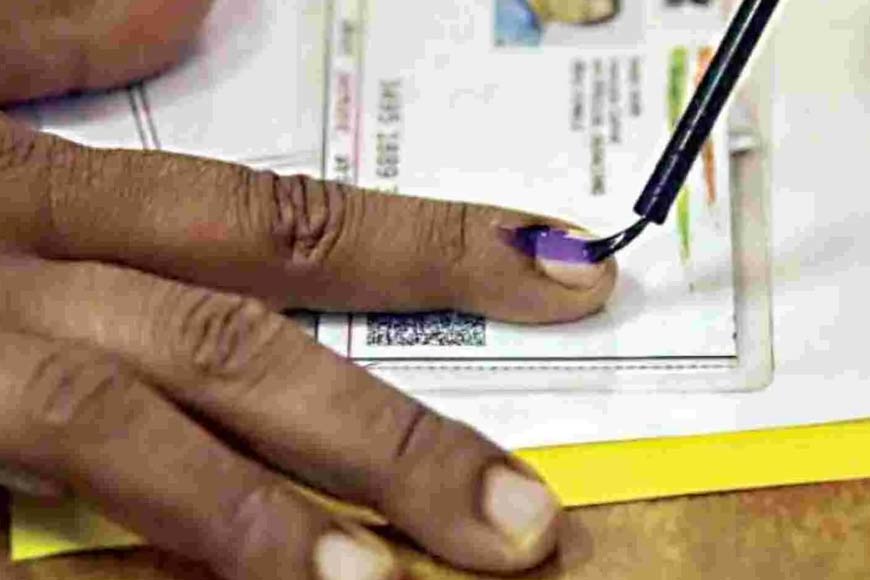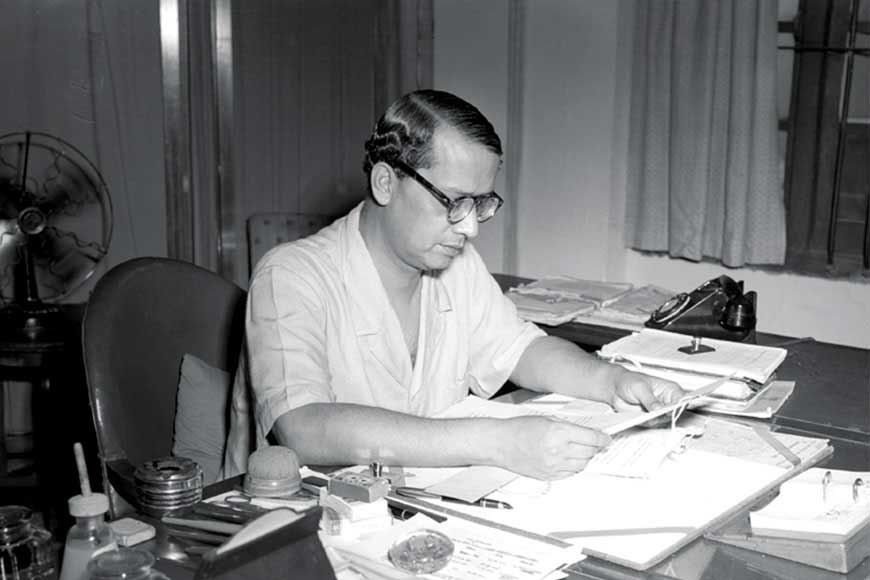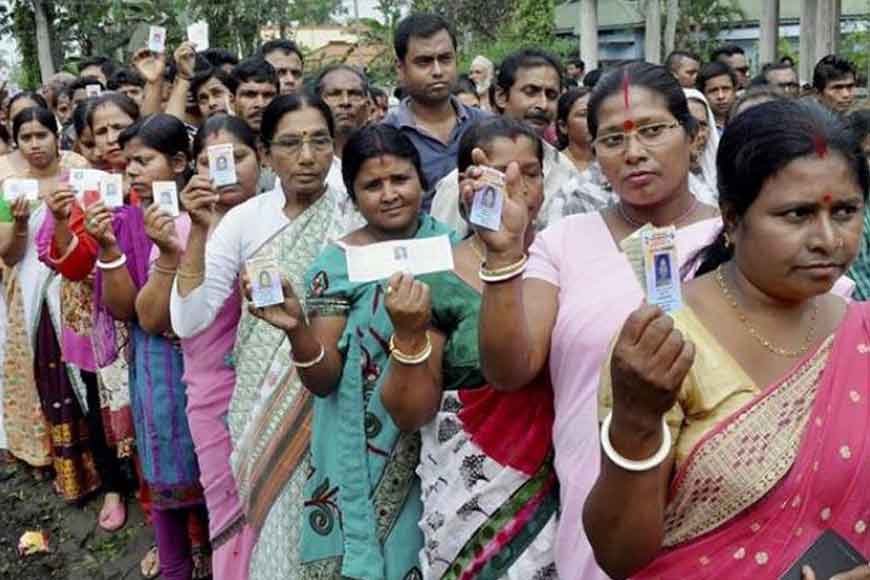National Voters’ Day, and how India votes

On January 25, 2011, the Government of India under then Prime Minister Manmohan Singh announced that henceforth, this day would be observed as National Voters’ Day every year, primarily in order to encourage more young voters to take part in the political process of the world’s largest democracy, as well as to mark the foundation day of the Election Commission of India (ECI) in 1950.
Talking about the EC, no mention of voters and elections in India can be complete without the mention of Sukumar Sen, the Indian Civil Service (later Indian Administrative Service) officer from Bengal who became the first Chief Election Commissioner of India, serving from March 21, 1950 to December 19, 1958. Under his guidance, the EC successfully administered and oversaw the gargantuan task of conducting independent India’s first two general elections, in 1951-52 and 1957. This astonishing achievement so enhanced Sen’s reputation that he even served as first Chief Election Commissioner of Sudan! No wonder historian Ramchandra Guha describes Sen as “an unsung hero of Indian democracy”.
 Sukumar Sen - India’s first Election Commissioner
Sukumar Sen - India’s first Election Commissioner
Almost every general election since Sen’s time has largely followed the original template, though the passing of time has naturally caused changes in the way voters are treated. This year, for instance, the ECI has launched the e-EPIC (Electronic Electoral Photo Identity Card) on the occasion of National Voters’ Day. Union Minister Ravi Shankar Prasad has launched the e-EPIC programme and distributed digital voter ID cards to five new voters. This is the first time that the Government of India has issued voter identity cards in digital format. Also this year, the theme for the 11th National Voters’ Day is ‘Making Our Voters Empowered, Vigilant, Safe and Informed’.
Talking about the EC, no mention of voters and elections in India can be complete without the mention of Sukumar Sen, the Indian Civil Service (later Indian Administrative Service) officer from Bengal who became the first Chief Election Commissioner of India, serving from March 21, 1950 to December 19, 1958. Under his guidance, the EC successfully administered and oversaw the gargantuan task of conducting independent India’s first two general elections, in 1951-52 and 1957.
The Indian voter has long been notoriously unpredictable. Not for nothing did Ramchandra Guha write an article in the World Policy Journal in 2002 titled ‘Democracy’s Biggest Gamble: India’s First Free Elections in 1952’. That year, 1,949 candidates competed for 489 seats in the Lok Sabha. More than 173 million people out of an overall population of about 360 million were eligible to vote,making it the largest election conducted at the time. Though voter turnout was a modest 45.7 percent, the Indian National Congress won a landslide victory, winning 364 of the 489 seats. Its closest competitor, the Communist Party of India, won a mere 16!
The number of Lok Sabha seats was increased to 543 in 1977, and the new voters enrolled prior to the 2019 general elections have taken the total number of India’s voters to around 900 million, of which about 15 million are in the age group of 18-19 years. Clearly, the aim of National Voters’ Day is still being realised.
The Indian voter has long been notoriously unpredictable. Not for nothing did Ramchandra Guha write an article in the World Policy Journal in 2002 titled ‘Democracy’s Biggest Gamble: India’s First Free Elections in 1952’. That year, 1,949 candidates competed for 489 seats in the Lok Sabha.
In a 2015 paper titled ‘Understanding the Indian Voter’ written for Carnegie Endowment for International Peace, eminent researcher Milan Vaishnav writes, “...it has been thought that good economics need not make for good politics in India because voters regularly prioritize other factors - namely patronage, populism, or parochialism - when selecting their representatives. The result is that even when governments perform in ways that objectively improve the state of their economies, voters often reject, rather than reward, them at the ballot box”.

However, he also adds that “evidence from state and national elections suggests that macroeconomic realities are increasingly relevant”. And then goes on to make the following observations, which we quote verbatim: “While voters may harbor deep-seated social biases, identity-based concerns and economic evaluations are both in play. The most successful politicians have mastered the art of skillfully combining both types of appeals.” And slightly more worryingly, he adds: “Indian voters have a long history of electing politicians who are the subject of ongoing criminal cases. The 2014 results demonstrate an underlying demand for politicians who can get things done - even if they are connected with wrongdoing.”
With these thoughts in mind, the Bengal elections this year should make for an interesting theatre. Happy National Voters’ Day, everyone.










